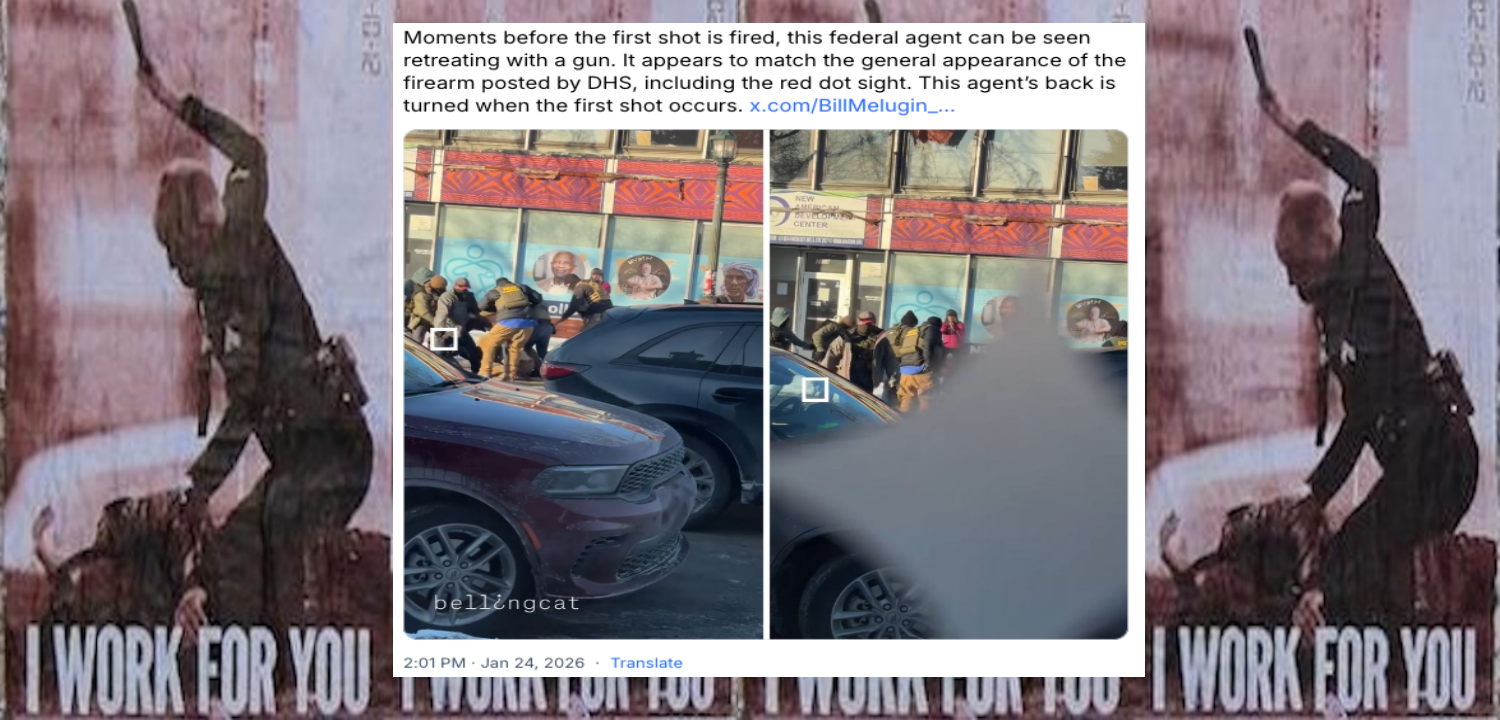One Month Later White Prosecutor Still Can't Figure Out if there was Probable Cause in Michael Brown Murder
/
What is White Collective Power? When a white police officer shoots an unarmed, surrendering Black man and their fellow white officers, white police chief, internal affairs, white run union, white jurors, white prosecutors and the white media support, defend, and finance the officers “right” to kill a non-white person. [MORE] and [MORE]
In St. Louis, for what reason did White prosecutor, Robert McCulloch (above) choose to use a mostly white grand jury to decide whether white cop Darren Wilson should face charges in the fatal shooting of Michael Brown - instead of just using his direct power to file a criminal complaint himself? [racism is white supremacy]. McCulloch is the son of a St. Louis police officer who was killed in the line of duty when McCulloch was twelve years old. [MORE] If a Black cop killed a surrendering white teen in front of white witnesses do you think he would still be at home chilling? Expect white supremacy.
From [HERE] More than one month after a police officer fatally shot 18-year-old Michael Brown in Ferguson, Missouri, the case continues to provoke public unrest and remains far from settled. The white police officer's shooting of the unarmed black teenager in the St. Louis suburb is being robustly debated and investigated.
Where does the criminal investigation stand?
So far, there have been no charges filed, but the investigation is ongoing. The mostly white St. Louis County grand jury is investigating and hearing testimony into Brown's killing and whether Ferguson police Officer Darren Wilson should be charged or not.
The grand jury will look at two issues: was a crime committed and is there "probable cause" that the accused person -- namely Wilson -- committed that crime.
The grand jury, which meets in secrecy, consists of nine white people (six men and three women) and three black people (two women and a man), court officials said. So far, county prosecutor Robert McCulloch [racist suspect in photo] has convened a grand jury to hear the evidence against Wilson without telling the jurors which charges he thinks should apply.
Grand jurors began meeting last month, and their progress on reaching a decision isn't public information, though it's expected to take two months.
Probable cause is a Low Standard. More likely than not a crime occurred and more likely than not defendant so-and-so committed it - that's all. All day long all across the country it is used to arrest, detain and then charge Black folks.
"Probable cause is a plastic concept whose existence depends on the facts and circumstances of the particular case. It has been said that "`[t]he substance of all the definitions' of probable cause `is a reasonable ground for belief of guilt.'" Brinegar v. United States, 338 U.S. 160, 175, 69 S.Ct. 1302, 1310, 93 L.Ed. 1879 (1949). Much less evidence than is required to establish guilt is necessary. Draper v. United States, 358 U.S. 307, 311-312, 79 S.Ct. 329, 3 L.Ed. 2d 327 (1959). The standard is that of "a reasonable, cautious and prudent peace officer" and must be judged in the light of his experience and training. Bell v. United States, 102 U.S.App.D.C. 383, 387, 254 F.2d 82, 86, cert. denied, 358 U.S. 885, 79 S.Ct. 126, 3 L.Ed.2d 113 (1958). The police must have enough information to "warrant a man of reasonable caution in the belief" that a crime has been committed and that the person arrested has committed it. Carroll v. United States, 267 U.S. 132, 162, 45 S.Ct. 280, 288, 69 L.Ed. 543 (1925). See also Henry v. United States, supra, 361 U.S. at 102, 80 S.Ct. 168. A finding of probable cause depends on the "practical considerations of everyday life on which reasonable and prudent men, not legal technicians, act." Brinegar v. United States, supra, 338 U.S. at 175, 69 S.Ct. 1310." [MORE]













































































































































































































































































